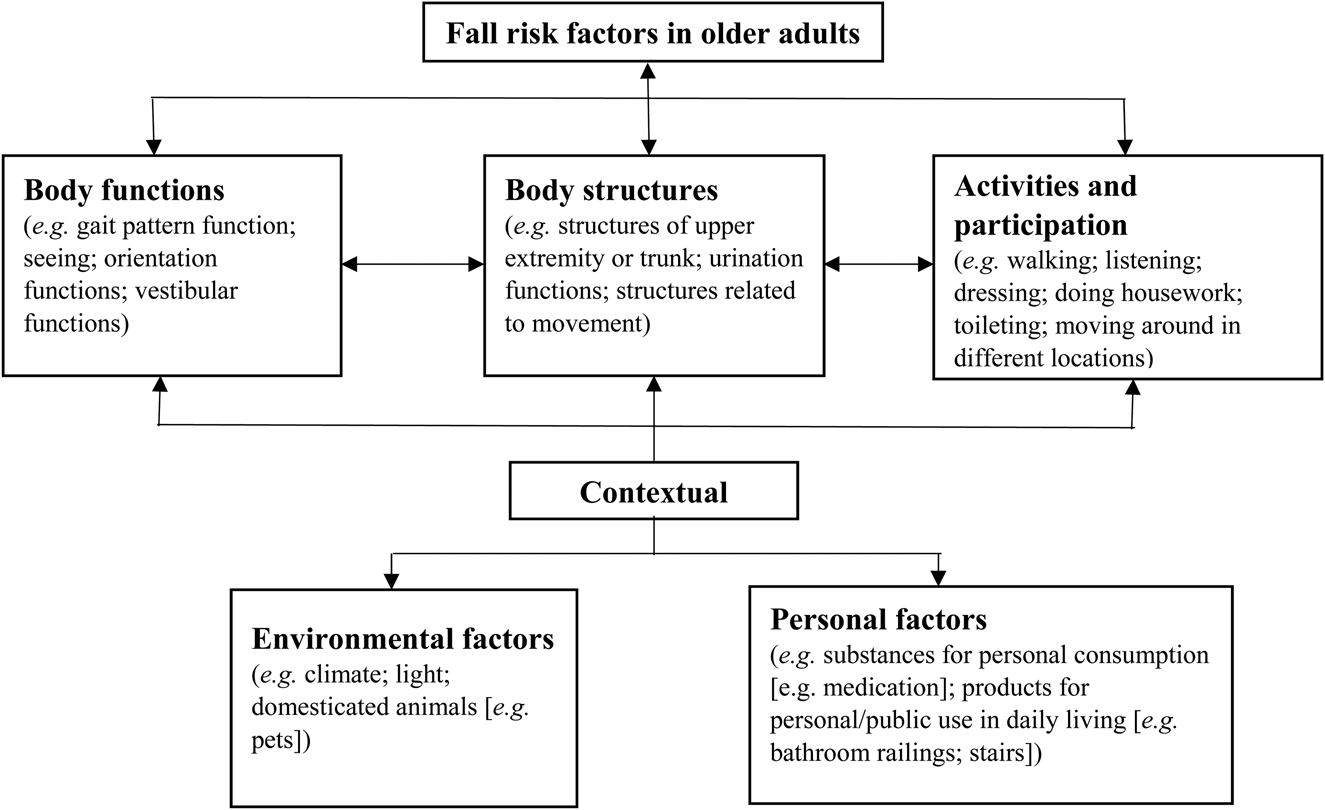The Ultimate Guide To Dementia Fall Risk
The Ultimate Guide To Dementia Fall Risk
Blog Article
A Biased View of Dementia Fall Risk
Table of ContentsThe Main Principles Of Dementia Fall Risk The Only Guide for Dementia Fall RiskAbout Dementia Fall RiskSome Known Details About Dementia Fall Risk More About Dementia Fall Risk
The FRAT has three areas: drop threat status, risk aspect list, and action strategy. An Autumn Danger Status consists of information concerning history of current falls, medications, mental and cognitive standing of the client - Dementia Fall Risk.If the patient ratings on a threat factor, the corresponding number of points are counted to the person's loss risk rating in the box to the far. If a client's fall danger score amounts to five or higher, the person is at high danger for falls. If the patient ratings just 4 factors or lower, they are still at some threat of falling, and the nurse must utilize their finest clinical assessment to handle all autumn threat variables as part of a holistic care plan.
These conventional methods, generally, assist create a safe setting that lowers accidental falls and defines core preventative steps for all clients. Signs are vital for individuals in danger for drops. Medical care service providers require to recognize that has the problem, for they are accountable for carrying out actions to advertise patient safety and prevent falls.
Dementia Fall Risk - Truths
Wristbands must consist of the person's last and first name, date of birth, and NHS number in the UK. Details ought to be printed/written in black against a white background. Just red color must be utilized to indicate special individual condition. These recommendations follow present growths in person identification (Sevdalis et al., 2009).
Items that are too far might require the client to connect or ambulate needlessly and can potentially be a danger or contribute to drops. Assists avoid the client from heading out of bed without any type of assistance. Registered nurses react to fallers' telephone call lights quicker than they do to lights initiated by non-fallers.
Aesthetic problems can substantially create falls. Maintaining the beds closer to the floor decreases the danger of drops and severe injury. Positioning the mattress on the flooring considerably minimizes fall danger in some healthcare setups.
Some Of Dementia Fall Risk
People who are high and with weak leg muscular tissues who try to sit on the bed from a standing position are likely to fall onto the bed because it's also low for them to reduce themselves securely. why not try here If a tall patient efforts to obtain up from a reduced bed without assistance, the client is likely to fall back down onto the bed or miss the bed and fall onto the floor.
They're developed to advertise prompt rescue, not to stop drops from bed. Apart from bed alarm systems, enhanced supervision for risky patients also might help protect against falls.

Patients with an evasion stride boost autumn possibilities dramatically. To reduce fall risk, footwear ought to be with a little to no heel, slim soles with slip-resistant step, and sustain the ankles. Encourage person to make use of nonskid socks to stop the feet from gliding upon standing. Nonetheless, urge patients to use suitable, well-fitting shoesnot nonskid socks for ambulation.
The Of Dementia Fall Risk
Patients, particularly older adults, have actually minimized visual capability. Illumination a strange atmosphere assists raise visibility if the individual have to stand up at night. In a research, homes with adequate lighting record less drops (Ramulu et al., 2021). Renovation in illumination at home might minimize autumn rates in older adults (Dementia Fall Risk). Making use of stride belts by all wellness care carriers can advertise try this safety when helping people with transfers from bed to chair.

Sitters work for assuring a safe, protected, and safe setting. Studies showed very low-certainty proof that sitters decrease autumn danger in intense care health centers and only moderate-certainty that options like video surveillance can reduce sitter usage without boosting fall danger, recommending that caretakers are not as useful as originally thought (Greely et al., 2020).
Indicators on Dementia Fall Risk You Should Know

Increased physical fitness lowers the danger for drops and limits injury that is endured when loss takes place. Land and water-based workout programs might be in a similar way valuable on balance and gait and therefore lower the threat for falls. Water workout may add a favorable advantage on equilibrium and gait for females 65 years and older.
Chair Rise Exercise is a simple sit-to-stand exercise that helps reinforce the muscular Going Here tissues in the upper legs and butts and boosts mobility and freedom. The goal is to do Chair Rise exercises without utilizing hands as the client ends up being stronger. See resources section for an in-depth guideline on exactly how to execute Chair Surge exercise.
Report this page